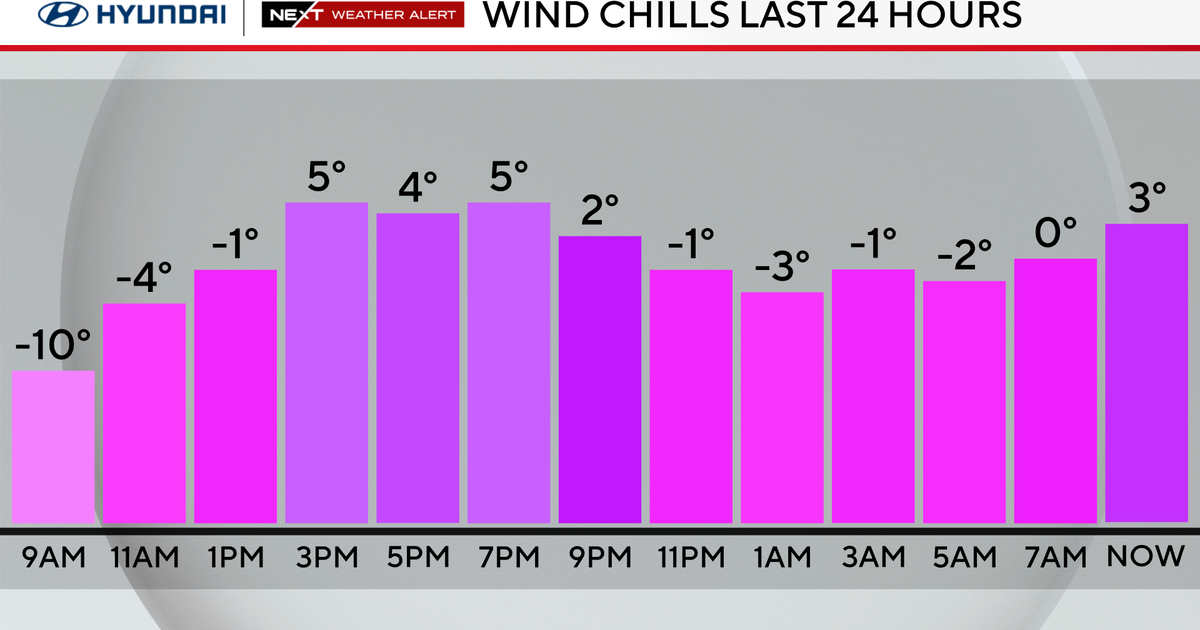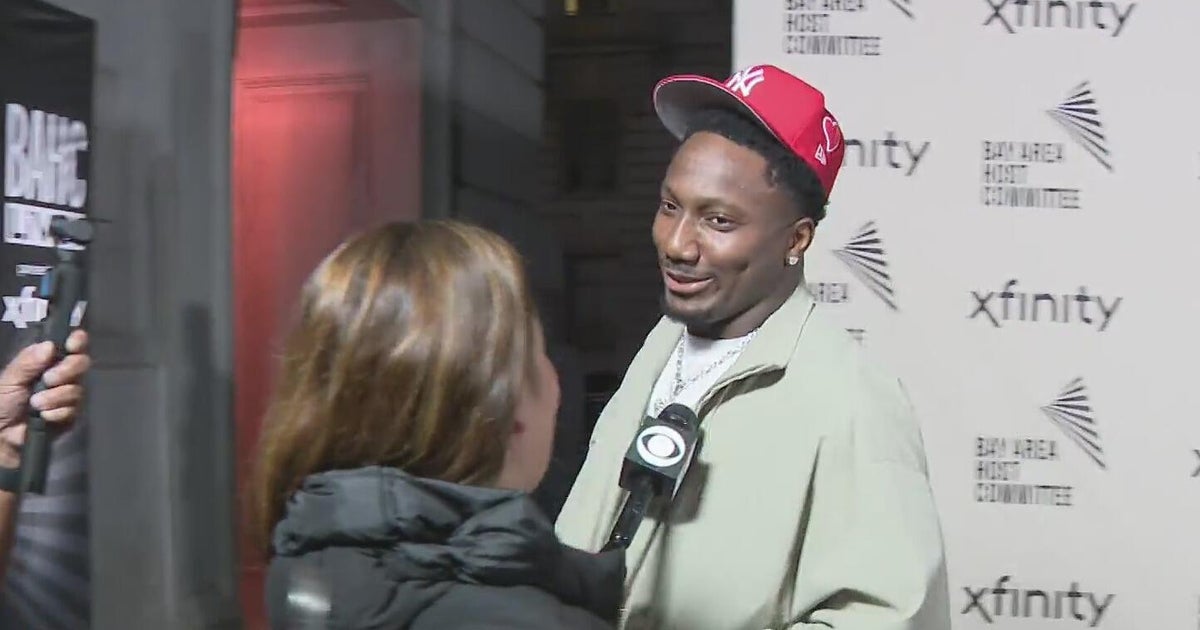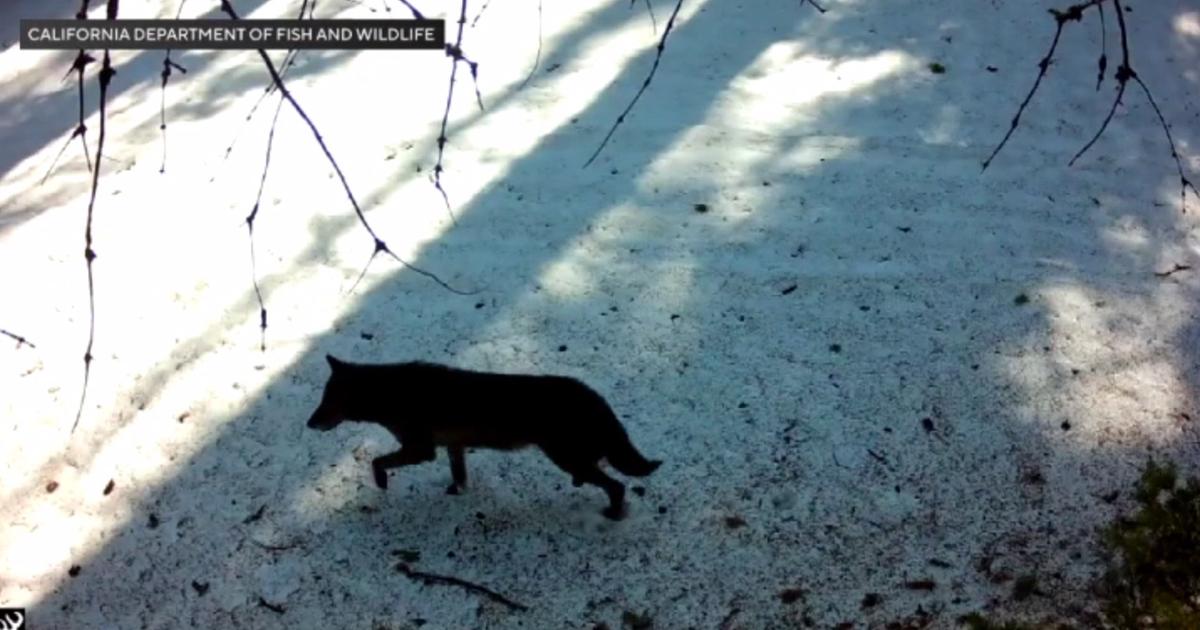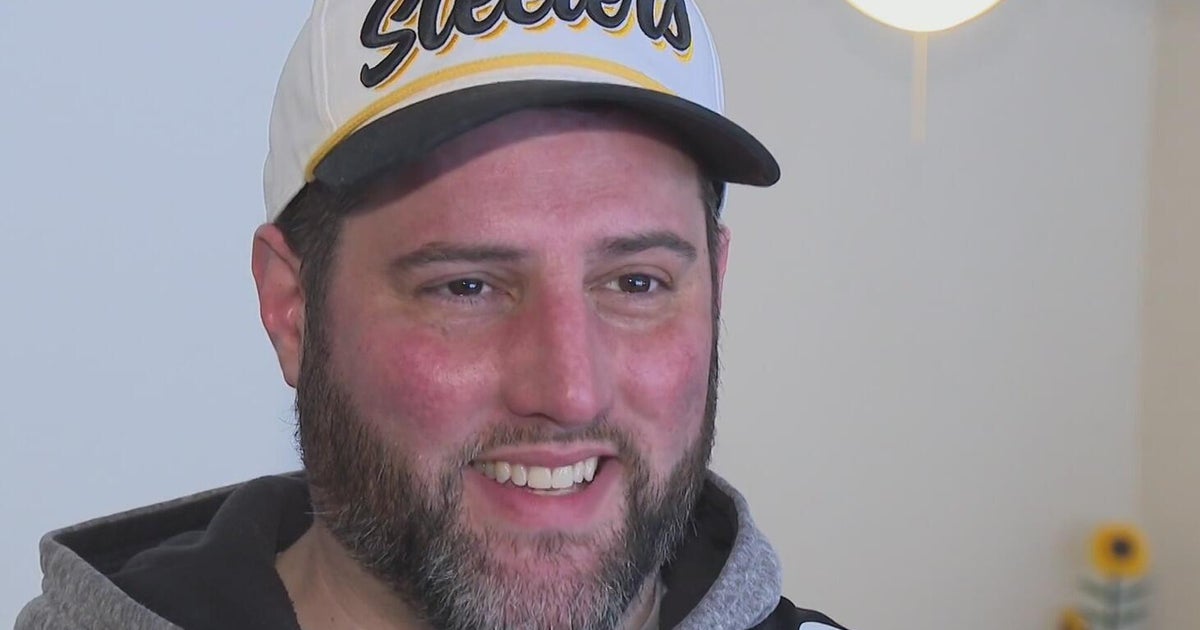Joe Paterno
By Bill Campbell
Joe Paterno always said that football kept him alive. Like the rest of us, he didn't want to die. "What else would I do," he often asked. I remember Paterno expressing shock and sympathy when Paul "Bear" Bryant died in 1983, less than a month after retiring as the long-time coach at Alabama. Along with others, I recalled Paterno's words when the subject of his possible retirement would enter the conversation. "What am I going to do? I don't fish, I don't play golf and I don't cut the lawn. I don't want to die. Football is my life."
We who had a mere smattering of experience with Penn State football simply assumed that if and when Paterno retired his successor would be his long-time defensive coordinator, Jerry Sandusky. That was not to be. Sandusky may have figured prominently in the end of Paterno's coaching career under far different circumstances than anyone could have imagined. That topic and its questions will bedevil far more qualified minds than mine -- Dr. Bill Thomas, for one, a geriatrician from Harvard who has studied improving the quality of life for the frail elderly among us. Thomas spent much time in the study of nursing homes because of his belief that people must have meaning and purpose as they approach the ending of their lives. People like Joe Paterno, who built his identity around his work, largely framed around football and his beloved university.
To come to the last days of his life and to be judged publicly on its least admirable elements, in which he possibly was involved, had to be a major blow. How much that contributed to his death remains a matter of much speculation. While Paterno loyalists, his family and supporters will remain true to his legacy forever, there are many who subscribe to the Penn State trustees' position. They said before Paterno's death that they had decided to end his days as coach because, in their judgment, he had failed to meet a moral obligation to do more to alert authorities about a child sex abuse allegation concerning retired assistant coach, Jerry Sandusky. Trustee Mark Dambly said, "I personally thought that Joe did not fully meet his moral obligation and for that reason I felt he could no longer lead the University. I offered the thought, the trustees considered it and the feeling was unanimous."
The trustees described long deliberations in the days leading up to Paterno's ouster as emotional and nerve-wracking. They were shocked by the lurid details after having been given a briefing in May about Sandusky. Then university president, Graham Spanier, and the school's general counsel also departed under pressure. The University initiated an internal investigation into the Sandusky case and the role of Penn State's officials. Trustees, having learned about the grand jury's investigation in May, were then told about a 1998 complaint against Sandusky that did not result in charges. There was also a 2008 complaint about a high school student and Sandusky's charity, "The Second Mile".
But ours is the field of sports and football rather than psychological analyses. Joe Paterno was hired as an assistant coach at Penn State by Rip Engel whom he had known at Brown University. In 1966, Engel retired and in Paterno's first year as head coach the Nittany Lions went 5-5. When the 1967 season began with a defeat, he was 5-7, the first time his record fell under 500. The 1967 team finished 8-5-1 and earned Joe his first bowl appearance at a time when going to a bowl meant something. The Nittany Lions were undefeated in 1968 and 1969. There is one lasting memory that stands in my mind but also belongs in history. Many felt the 1969 Penn State team should have been the National Champions. But President Richard Nixon visited the University of Texas locker room and unofficially declared the Longhorns as Number One. Penn State was Number Two. Joe Paterno, though a good Republican, never forgave Nixon. When the coach delivered Penn State's commencement address in 1973, he referenced the slight when he said, "How could the President of the United States know so little about Watergate and so much about football?"
Beaver Stadium has been expanded at least six times during Joe's reign. In 1966, it held 42,000 people. Now it seats over 106,000. It all began 46 years ago. It included 409 victories, more than any coach ever; 37 bowl games, also more than any other coach; and two national titles. More than anyone, this day will long live in memory of Joseph Vincent Paterno.
But I have one thought about another football coach, another name worth at least a fleeting thought. A guy named Bill O'Brien. How does one succeed a legend?
It was an exciting week in college basketball, nationally as well as locally. Syracuse, last week's number one team, dropped to second in the nation, to third in some polls, after losing to Notre Dame. The Irish surprised by exploiting the Syracuse zone. The top teams now are listed as Kentucky (19-1), Syracuse (20-1), Missouri (18-1) and Murray State (20-0). I'm told that Murray State is for real and certainly worth watching.
We had a long Saturday at the Palestra. The Temple-Maryland game began at 11:00 a.m. with about 8,900 people in the house. There was another gathering of close to 8,900 looking on, watching Penn defeat St. Joe's in a game that ended at 9:00 p.m. It was another tribute to college basketball in Philadelphia where fans have always had a long-standing love affair with college hoops, particularly at the Palestra. Temple breezed to victory over Maryland, 73-60, while Penn defeated the Hawks, 84-80. Penn has twelve Ivy League games coming up and St. Joe's has ten to go in the Atlantic Ten. Penn appears to be inspiring while St. Joe's is struggling a bit. Temple is now the only team that can finish undefeated in the City Series if the Owls can manage to win at St. Joe's and at LaSalle.
In conclusion, a last passing thought on Joe Paterno. In a remarkable statement that probably won't get a lot of coverage, the following is noted:
"This is a sad day for our family. Dottie and I would like to convey our deepest sympathy to Sue and her family. Nobody will be able to take away the memories we all shared of a great man, his family and all the wonderful people who were a part of his life."
This is part of a statement issued by Jerry Sandusky.







